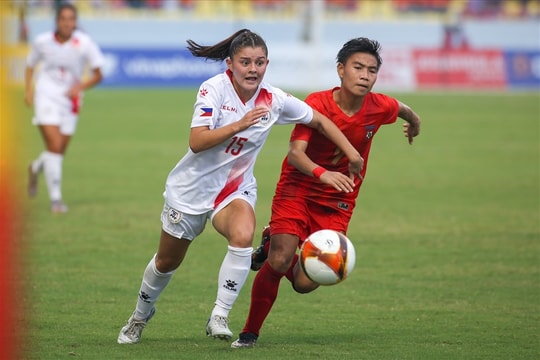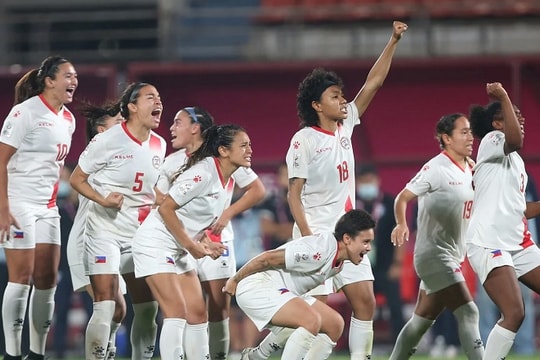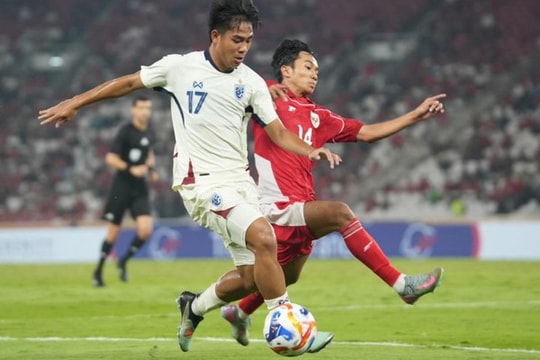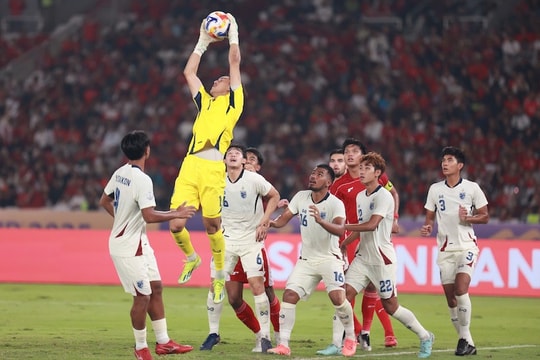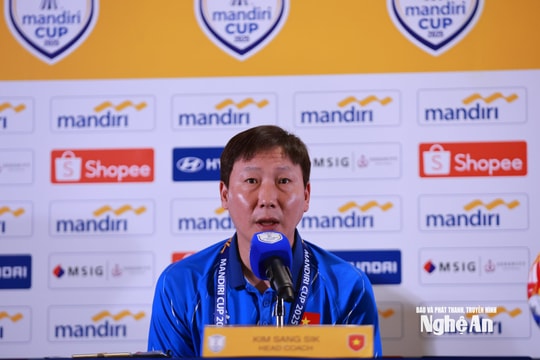'Invitation to kill' in Philippines drug crackdown
Philippine President Duterte's promise to protect police from killing drug suspects is nothing more than "an open letter inviting everyone to kill," experts say.
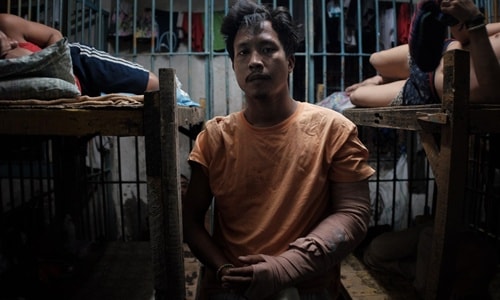 |
Francisco Santiago, 21, in his cell. Photo: Washington Post. |
In the early morning of September 13, on a dark street in the heart of Manila, Philippines, Santiago was shot in the chest and arm by police during a drug raid. Frightened, Santiago pretended to be dead, lying motionless until he felt the flash of a reporter's camera. Only then did he slowly raise his hands in a surrender gesture. Thanks to that, Santiago escaped death, at least for now, according to the Washington Post.
Philippine President Rodrigo Duterte has vowed to eradicate drug crime in his country. He has launched a brutal crackdown that has allowed drug suspects to be killed without trial.
Since June, an estimated 687,000 people across the Philippines have surrendered to Mr. Duterte’s anti-drug campaign. Over three months, some 3,300 suspected drug users and dealers have been killed by police, vigilantes or unidentified assailants.
Most eyewitnesses to murders often choose to remain silent for fear of becoming the next target.
President Duterte denied that the government supported extrajudicial killings on the streets of the Philippines, asserting that the police were only defending themselves and acting for the security and safety of society.
But the testimony of some survivors of the crackdown paints a different picture, one in which the violence began with a call to “go all out” and ended with a promise from Duterte himself that “there would be no consequences,” writes Emily Rauhala of the Washington Post.
Invitation to Kill
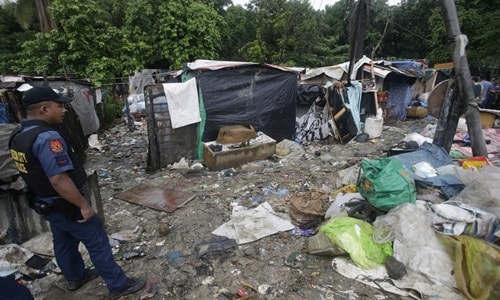 |
Philippine police stand guard outside a drug black spot in Quezon City. Photo: AFP. |
Lying in his hospital bed, Santiago recounted his story to reporters. Santiago feared that one day he would be "erased" and telling everything was the only way to keep him safe.
"The police will cover it up again," said Ligaya Santiago, Francisco Santiago's mother. "We can only rely on the media."
When the president has ordered law enforcement officials to kill drug suspects, it becomes difficult to verify information. Because few people are alive to tell the story, most of the clues lie in police reports, Rauhala noted.
Through the process of evaluation and analysis, experts have determined that the above reports all have certain points in common. Every night, the Philippine police deploy troops to conduct anti-drug operations. The next morning, they write reports about gunfights in which drug suspects are shot dead.
Typically, police will say they found weapons and packets of shabu, a cheap drug popular in the Philippines, on the victims. And despite intense gunfire, most police officers were unharmed.
Everything went exactly the same for Santiago, except he survived. Police reports tell the story of a staged arrest that got out of hand. After selling shabu to an undercover cop, Santiago and another suspect, identified as George Huggins y Javellana, a member of the infamous Sputnik gang, grew suspicious and opened fire on the cops.
Police officers returned fire, killing Javellana and wounding Santiago. They later reported finding a .38-caliber pistol, a .22-caliber pistol and three bags of shabu at the scene. Santiago was “speedily” taken to hospital.
Santiago, however, gave a different account. According to him, around noon on September 12, a plainclothes police officer posing as a customer took Santiago to the second floor of a local building. There, Santiago was forced to admit to being a drug offender. That night, in the sweltering heat, Santiago was asked to wear a black jacket.
After midnight, Santiago and Javellana were shot on a dark street. While Santiago played dead, police left their guns next to him. They neglected to check his pulse, Santiago said.
A security video shows Santiago walking toward the police station that afternoon wearing a white shirt. In photos taken at the scene, Santiago is wearing a black jacket, which is not appropriate for the weather.
According to Philippine police chief Joel Coronel, Santiago was “a prime target on a drug watch list,” but the police report did not specify that. Celia Nepomuceno, the officer in charge of identifying drug suspects in Santiago’s neighborhood, also said he was never on the list.
But that distinction was not enough to keep Santiago from being transferred from the hospital to the custody of the police officer who shot him, Santiago said.
Carolyn Mercado, senior legal counsel at the Asia Foundation's Manila office, said strange details like those in Santiago's case don't help much.
President Duterte has promised to protect police who commit extrajudicial killings. This is “an open letter inviting everyone to kill,” she stressed.
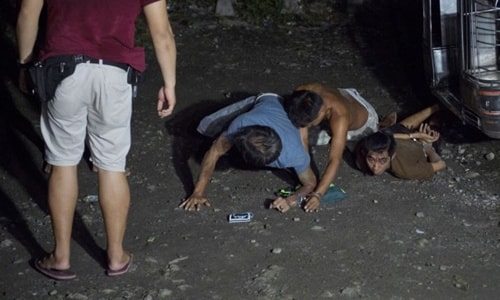 |
Police (in red shirts) stand guard over suspected drug users after a raid. Photo: AFP. |
According to VNE

